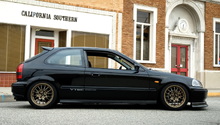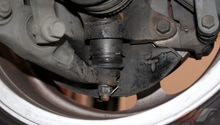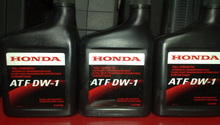Honda: 5 Tips to Keep Your Car Running for a Long Time
Keep that Honda running forever with these simple rules.
This article applies to the Honda Civic and Accord (1990-2000).
The best thing about a Honda is that it is built to last forever. There are many Civics and Accords today with well over 200,000 miles on the odometer. While Honda deserves credit for their engineering prowess, the reason those cars have lasted as long as they have is due to the consistent maintenance by their owners. Little problems, like dirty oil and squeaky suspension bits, can become big ones if ignored for the sake of "saving money." These issues might not be pressing in the short term, but the damage done from neglect can rear its head in ugly ways later.
Spending a little now can certainly prevent spending a lot later. There are several things that you can do—or that you should do—to keep your ride running strong and long into the future. Read on to learn and apply the top five things that you should be doing to make your Honda last.
Tip 1 – Follow service maintenance schedule
Sticking to the maintenance schedule is the easiest way to ensure that all potential problems are caught before they do any real damage. The owner's manual will have the maintenance schedule in it. For the technically disinclined, it is recommended taking it to a local, trusted Honda mechanic. Do-it-yourselfers and folks with older Hondas would still do well to check out the maintenance items from the comfort of their home garage. The tires, brakes, and suspension bushings are typically the things that need to be examined regularly. Tires that aren't rotated enough will wear unevenly. They won't grip as well and wont last nearly as long. Brakes are similar and they should be checked as soon as they show signs of wear. Riding on worn-out brakes are unsafe and it's also pricey. Neglecting to change them will damage to rotors as well. These items can be fixed before they go bad and cause other problems. Think of these regular maintenance intervals as regular insurance policies that will keep you on the road for a long, long time.
(Related Discussion: 1996-2000 Honda Civic Maintenance Schedule - Honda-Tech.com)
Tip 2 – Check fluids and tire pressure regularly
All engines naturally burn some oil. Old Hondas will likely burn more. Keeping the oil topped up is critically important. Without it, metal will rub onto metal in the engine until one of those metal items breaks or seizes. Another thing to check easily is tire pressure. This may seem trivial, but tires aired to the wrong pressure will lead to premature wear. This can cause issues with the alignment, tie-rods and suspension that can cost big bucks down the road. Check your tire pressure when the tires are cool.
Fluids to check regularly include:
- Transmission Fluid: The dipstick has two different marks (low and high); the middle is where you want to be. Check the coloration to make sure that it is clean and translucent (pink). If it is black or you see metal shavings, you have big problems and need to get it checked out sooner rather than later.
- Power Steering Fluid: This one is located on the power steering reservoir cap. Check the indicators to make sure the level is correct. Make sure that the fluid doesn't look too dirty. A telltale sign that the power steering fluid is low or leaking is a squealing noise when the wheel is turned.
- Engine Oil: The most important of all fluids. To check the engine oil, remove the dipstick, wipe it clean, re-insert it, pull it back out and check the level. The oil is going to be black even if it is fairly fresh. Make sure the level is correct and see if it passes the sniff test; It should not smell burnt.
- Antifreeze and Brake Fluid: Check the reservoirs for proper level.
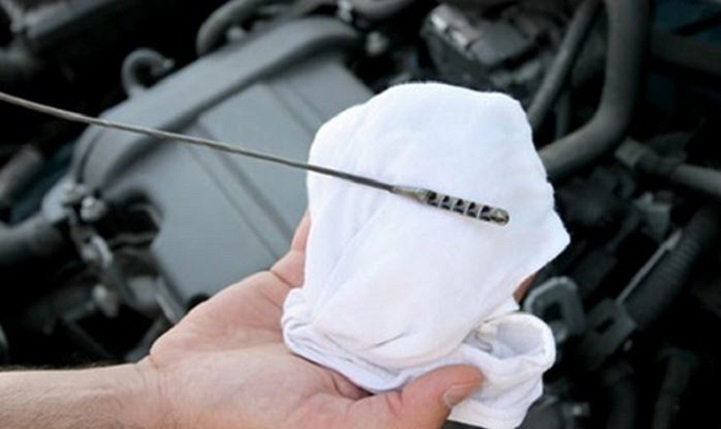
Tip 3 – Don't ignore noises
Pay attention to any noises from the engine bay that sound out of the ordinary. Knocking, squeaking, squealing are all signs that something is wrong. Squeaks are a sign of metal-to-metal contact, which typically means a bushing somewhere has worn out. Check the control arms, ball joints, motor mounts, tie-rod ends, and sway bar end-links. Squeals are sort of a constant squeak caused by something that's slipping past something else. Check the accessory belts and pulleys after making sure the power steering fluid is topped up.
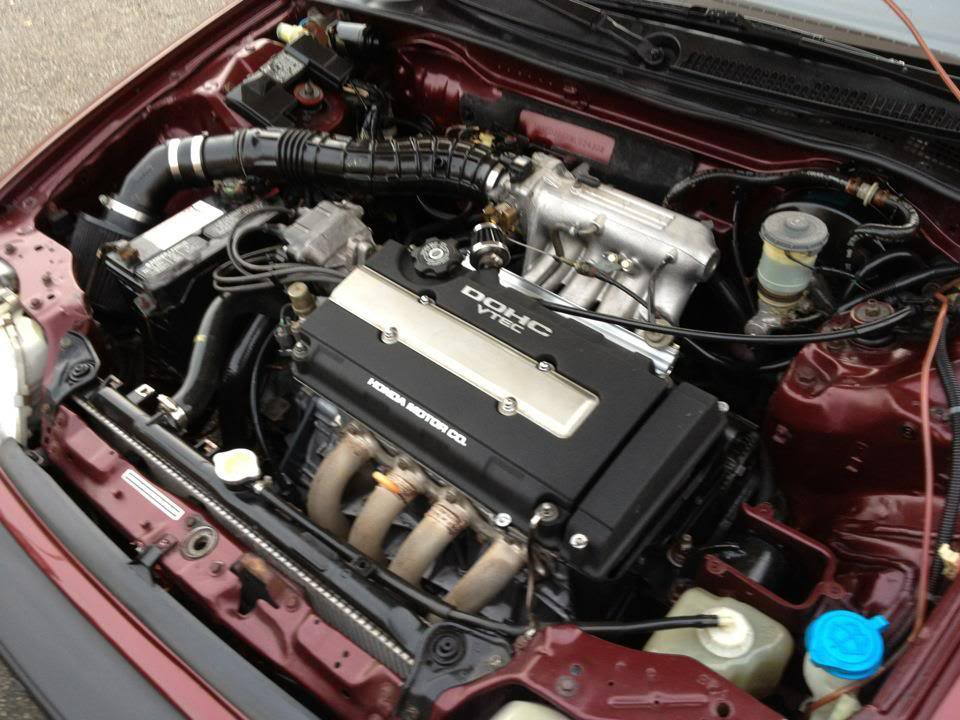
Tip 4 – Drive gently
Put simply, the less stress you put on the car, the less likely it'll stress you out. Hard driving is hard on all the cars components and will shorten their lifespan considerably. Shift smoothly by coming to a complete stop before going into reverse, and then stop completely again before going back into drive. Avoiding neutral drops (raising the RPM in neutral, shifting into drive or first gear) and flat shifting will keep the transmission as well as the clutch healthy. Don't slam on the brakes or stomp on the throttle. An occasional panic stop or full throttle response to avoid something bad is one thing, but regularly pulling up to red lights like it's a NASCAR pit-stop is another matter entirely. Drive well and a Honda will reward you with a long lifetime and great fuel efficiency.
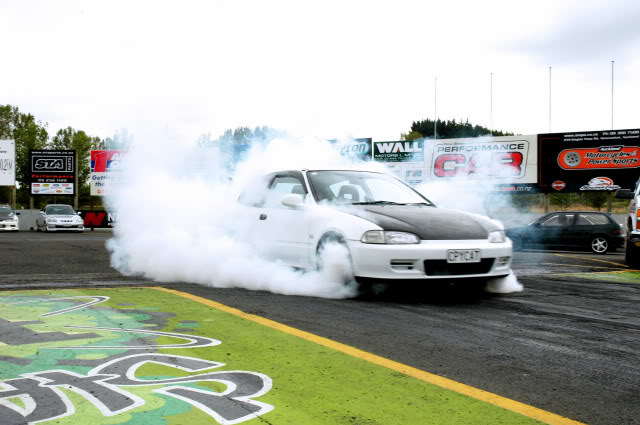
Tip 5 – Find a mechanic you can trust
Having a trustworthy mechanic is probably the most valuable investment a person can make in a car. They can be a wealth of experience and good advice. A solid mechanic has a dog in this fight as well. So long as he does right by you, you will be back for more business long term. A mechanic will be able to tell you what needs to be fixed immediately, and more importantly, what can wait. Do your homework, get references, and ask the forums. Finding a quality mechanic is like finding a babysitter for your child. These moments of hard work and effort will pay off in the long run.

Common Questions
When Should I Check My Fluids?
In between your regularly scheduled maintenance intervals is likely fine. Once a month is optimal.
How Often Should I Check My Tire Pressure?
Every other week; more often in wide fluctuations of weather. If one day you are in the high 50's and the next is down into the teens, check your tire pressure. Cold weather will make it low; hotter will increase the pressure.
How Do I Know if That Noise is Normal?
If you haven't heard it before, have it checked out. Check out a forum that is dedicated to your make and model, such as Honda-Tech.com.
Related Discussion and Sites
- 1996-2000 Honda Civic Maintenance Schedule - Honda-Tech.com
- Best Ways to Keep Your Car Running - Cars.com
- Top Five Ways to Make Your Car Run Forever - Edmunds.com
- How to Check the Fluids in Your Car - Wikihow.com

